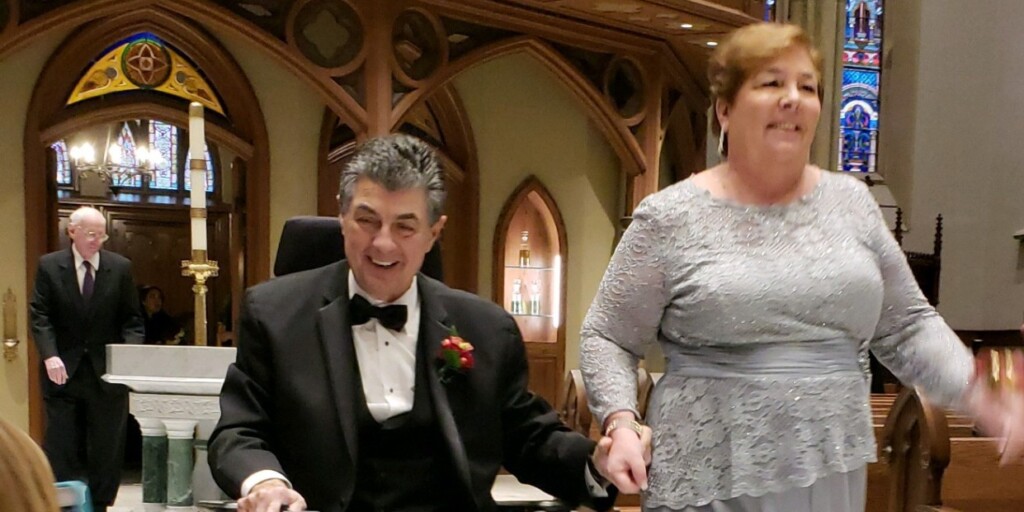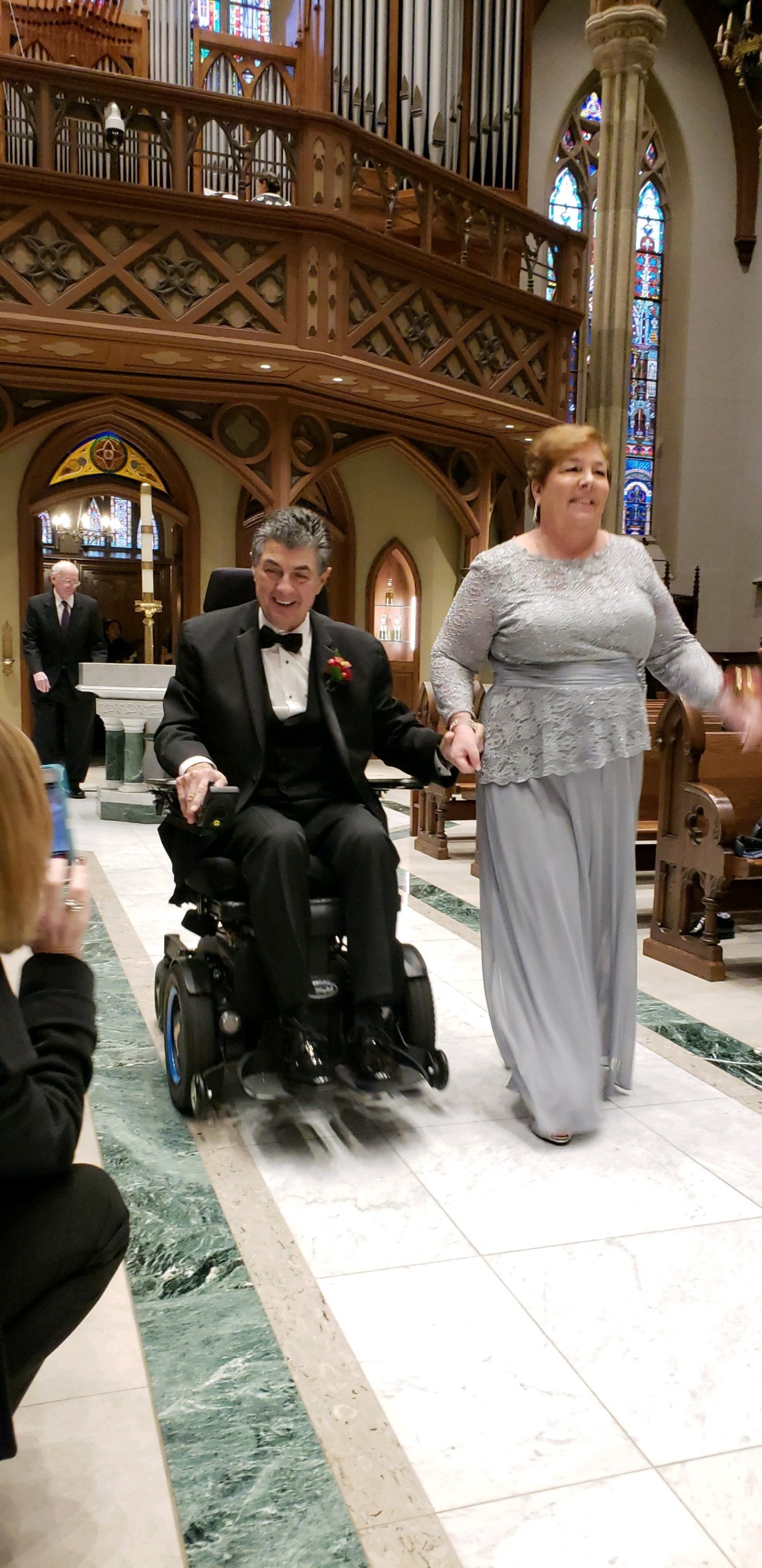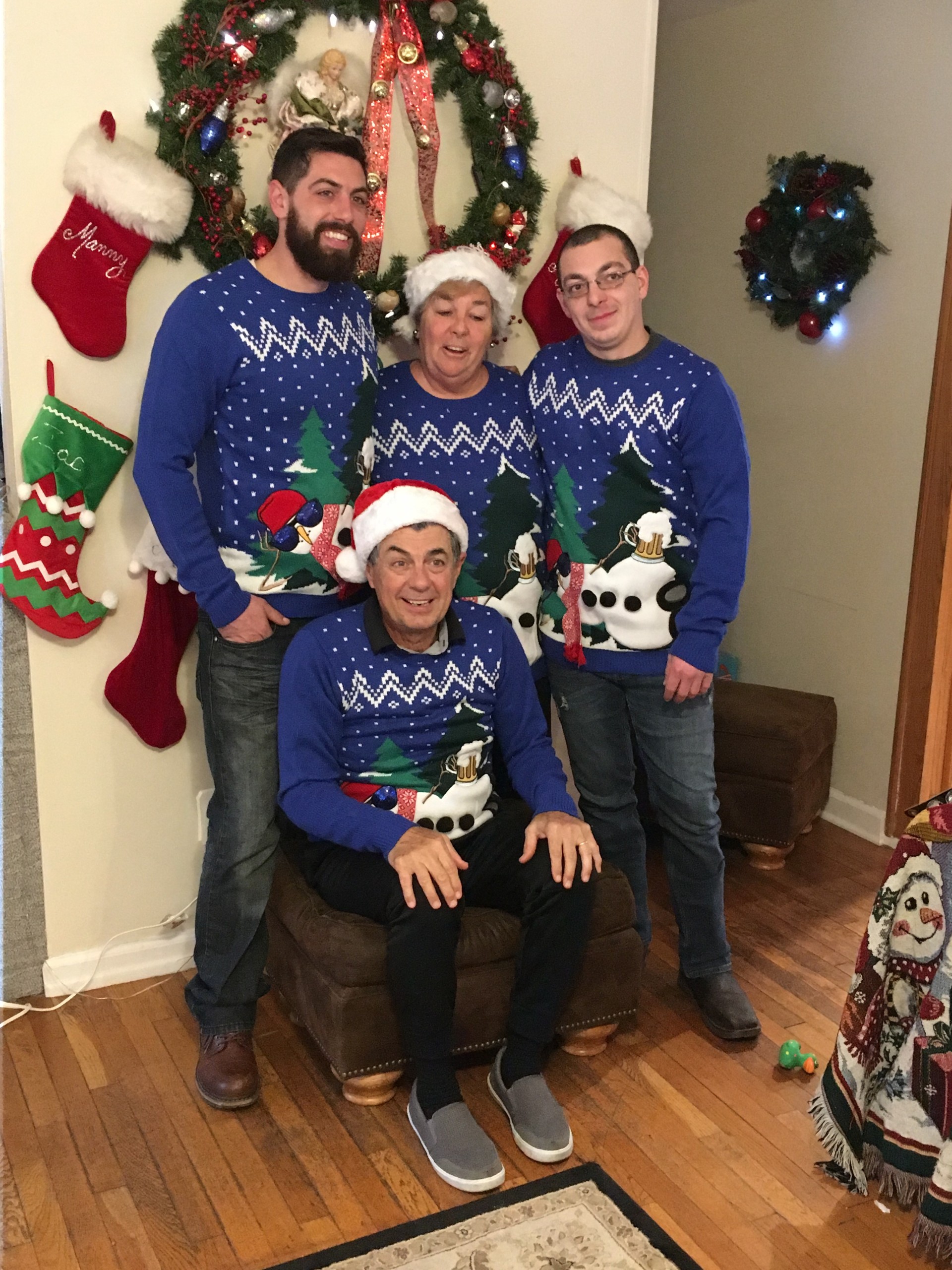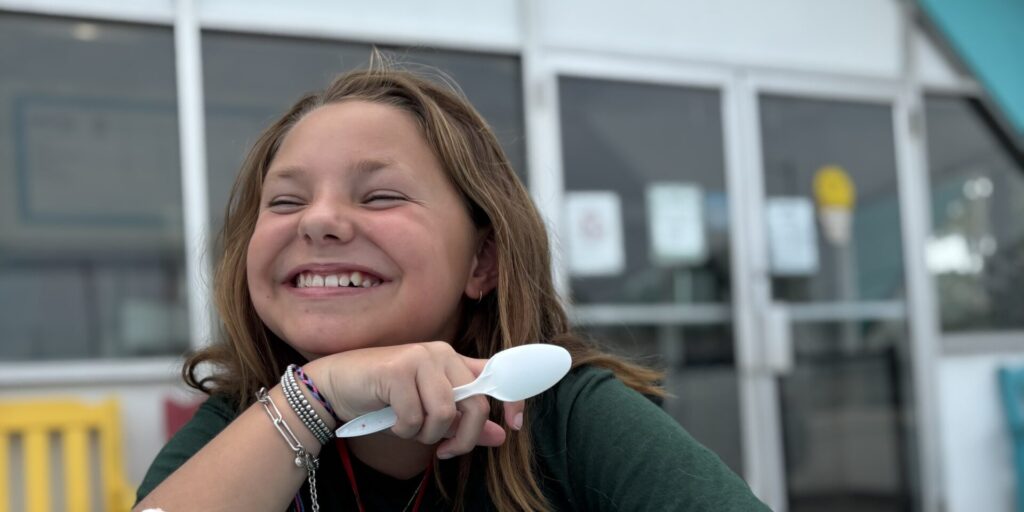
Do You Know ALS? Diagnosing the Disease is an Odyssey.
By Jeanene Swanson | Tuesday, May 21, 2019
While most visits to the doctor lead to a quick diagnosis, the same is not so for amyotrophic lateral sclerosis (ALS). On average, getting an ALS diagnosis takes 12 months — a long time, considering that on average, ALS patients live for only two to five years after diagnosis.
Some might call the process a diagnostic odyssey, in fact. There are tests that can rule out diseases that mimic ALS, but no test exists that can specifically tell someone they have ALS. But experts agree that when it comes to receiving interventional therapies or accessing clinical trials aimed at discovering new treatments, earlier diagnosis of ALS is essential.
What is ALS?
ALS is a progressive neuromuscular disease that destroys muscle-controlling nerve cells called motor neurons. As these cells deteriorate and are eventually lost, the muscles they control become weak and then, nonfunctional. Each person’s disease course is unique, but eventually most patients will not be able to stand or walk, get in or out of bed on their own, use their hands and arms, or breathe without assistance. Currently, there is no cure for ALS and approved therapies only moderately slow the progression of the disease.
Earliest symptoms are progressive
Typical early symptoms include tripping and falling; painless weakness in the legs, feet (also called foot drop), or ankles; hand weakness; slurred speech or trouble swallowing; muscle twitching or cramps in the arms, shoulders, or tongue; and difficulty holding the head up or maintaining good posture. One of the telltale signs of ALS is that these symptoms are “progressive over weeks to months,” says Michael Weiss, MD, director of the MDA/ALS Center and professor of Neurology at the University of Washington School of Medicine. Many ALS clinics are referral-based, meaning a patient must visit a non-specialist doctor (a general practitioner, for example) before being referred to a neurologist who specializes in ALS.

Manny and Margaret at their oldest son’s wedding in 2018.
Manny Chirico is a 67-year-old ALS patient who has been living with the disease for almost four years. Among Manny’s first symptoms was slurred speech. Some of his friends thought he was drunk when they talked to him. Manny went to see a general practitioner, who performed a CAT scan and MRI to rule out stroke. His speech abnormalities were followed by fatigue while playing basketball, and finally, choking on a pill as he tried swallowing it. At that point, his wife, Margaret, started researching his symptoms online — and came to a shocking conclusion.
“We better get you a doctor,” she told Manny. “I cannot be right, but it sounds like you have ALS.”
Manny went to a neurologist who then referred him to a specialist at the Columbia University ALS Clinic in New York City. In total, it took Manny nine months to receive his diagnosis. That was four years ago. For many, however, waiting a year to be diagnosed when they may have only two years to live is overwhelmingly frustrating.
“For us, we are more fortunate than other people, meaning Manny has a slower progression,” Margaret says. “For people [where] it comes on [and] it’s a terrible monster, those are harder struggles.”
Diagnosis is difficult
ALS is difficult to diagnose early because it may mimic several other neurological diseases.
“Often the patient seeks help from their primary care physician who is not sure of the nature of the disorder and may refer them to another specialist to sort it out before eventually referring them to a neurologist familiar with the disease,” Dr. Weiss says.
Once the patient finally visits a neurologist, tests can be run to rule out conditions that are not ALS. There is no specific test to confirm sporadic ALS, which is the non-inherited form of the disease and which makes up about 90% of ALS cases. Some tests to rule out other conditions may include an electromyogram (EMG), a test that evaluates the electrical activity of muscles when they contract and when they’re at rest; a nerve conduction study; blood and urine tests; a spinal tap; and a muscle biopsy. At Dr. Weiss’ clinic, an ALS diagnosis is based on several factors, including the patient’s history, a neurologic exam, an EMG test, and exclusion of other possible causes.
The process can be frustrating for patient and neurologist.
“Many doctors will do MRI and blood tests, the overwhelming majority of which are unnecessary and expensive,” says Jonathan Glass, MD, director of the Emory ALS Center and professor of Neurology and Pathology at Emory University School of Medicine in Atlanta. “For example, a person with difficulty speaking or swallowing does not need a neck MRI, and Lyme disease or B12 deficiency or vitamin D deficiency do not cause ALS or anything that looks like ALS! The best ‘test’ is to send to a competent neurologist.”
MDA Care Centers support multidisciplinary care
MDA supports the largest network of multidisciplinary clinics providing best-in-class care at the nation’s top medical institutions. With more than 170 locations and 2,500 providers, MDA’s Care Centers provide an opportunity for individuals to see anywhere from eight to 12 specialists in one place, minimizing travel and scheduling, “so they have more time to be in school, with friends and families doing the things they enjoy, rather than being at a hospital or a clinic,” says Rachael Burris, associate director of Care and Clinical Services at MDA.
“In many cases, our doctors and Care Centers are the first place [that] families hear diagnosis-specific information beyond the words ‘neuromuscular disease.’ Just getting in touch with a specialist who knows the ins and outs of neuromuscular symptoms and their management can be a huge relief,” Burris says.
Early diagnosis is key to new therapies
Only two medications are currently approved by the U.S. Food and Drug Administration for the treatment of ALS: riluzole (Rilutek), which appears to slow the disease’s progression in some people, and edaravone (Radicava), which appears to reduce the decline in daily functioning associated with ALS.
“The most meaningful treatments are NIPPV (non-invasive positive pressure ventilation, e.g., Trilogy or BiPAP); attention to good, balanced nutrition; and prevention of falls and use of technology that can improve quality of life (e.g., power wheelchair, speech devices),” Dr. Glass says.
At the University of Washington clinic, Dr. Weiss says patients are offered opportunities to participate in treatment clinical trials, depending upon the eligibility requirements. To improve ALS treatment trials, recent studies have begun selecting subjects with earlier and milder disease and more rapid progression.
“To increase the pool of such suitable subjects, early detection is key,” Dr. Weiss says. “Such detection also involves rapid genetic testing for subjects with familial ALS for gene therapy studies targeting specific mutations.”
This diagnostic odyssey, or, the misdiagnosis and delay in referral, only “restricts access to quality care and reduces the number of patients who may be eligible for clinical trials — and clinical trials are the only method we have to discover meaningful new treatments,” Dr. Glass says.

Manny and family at Christmas in 2017.
Advice for ALS patients
Asked what advice they’d give to patients in the early stages of their own diagnostic odyssey, Manny and Margaret both had valuable insight.
Says Manny: “Check it out, and if you do have ALS, it’s OK to grieve but fighting is more important. In the fight, be as proactive as you can, and [open to] what may come down the road. Whether it’s a wheelchair for the shower, or whatever it is to make your projected symptoms easier — do it.”
Margaret has had to learn how to advocate for Manny because “a lot of ALS patients can’t advocate for themselves,” she says. “For me as the caregiver, I had to learn to be more accepting of help, which is totally mind blowing.” She adds that doing the research to become prepared for the future of an ALS diagnosis makes the obstacles less daunting.
“We’ve faced many obstacles, and this is just another obstacle,” Margaret says. “Enjoy every day. Hold onto the happiness and joy, and enjoy the laughter.”
Disclaimer: No content on this site should ever be used as a substitute for direct medical advice from your doctor or other qualified clinician.




